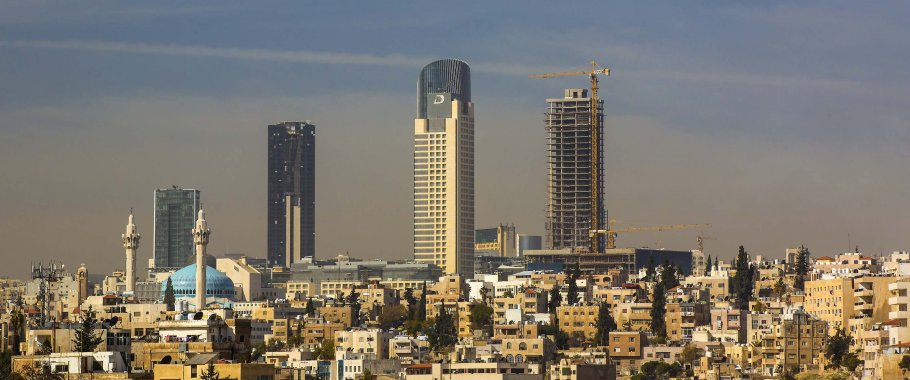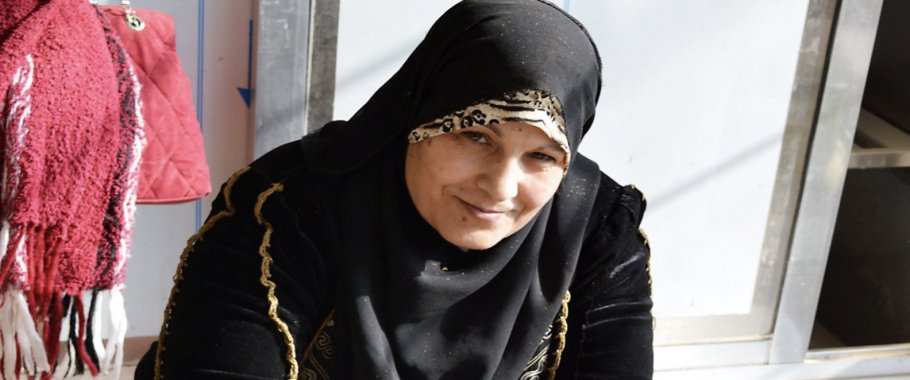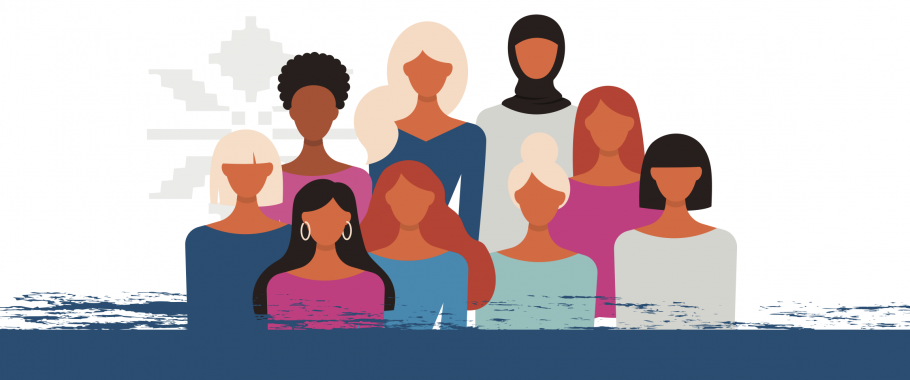-
Social Justice
Social Justice
Enabling social justice for everyone in the WANA region
Many countries in the West Asia-North Africa region suffer from weak rule of law and institutional accountability. Such legal exclusion has proven negative implications for economic growth, livelihoods, social equity and stability.
His Royal Highness Prince El Hassan bin Talal defines social justice as an extension of the fundamental rights and freedoms outlined in the international framework. Rights such as gender equality, freedom from extreme poverty and protection from discrimination are imperative, but do not comprehensively encapsulate other important elements necessary for a life of dignity and wellbeing. Governance, for example, must extend beyond participation to include check and balances on power and a vibrant civil society. Social justice is an inter-disciplinary and multi-dimensional understanding of rights; it sees environmental, socio-cultural, governance and economic justice as complementary and mutually constituting constructs. A utilitarian end such as economic growth, for example, can only be socially just when it promotes equity in wealth distribution, safe and decent employment, and equality of opportunity. Gains must also be shared equitably, so as to not feed inequality, and must be made without negative environmental consequences. In short, social justice envisages improving lives beyond a rights-based framework through the realisation of human dignity, human security and a green economy.
Legal empowerment is an approach that sits within, and is complementary to, the broader concept of social justice. It is grounded on the idea that poverty persists partly because the poor do not enjoy legal rights or the power to exercise those rights. Breaking this cycle requires more than a strengthening of the formal justice system; it requires a reliable and efficient framework that addresses the specific needs of vulnerable groups. The theory of change is that giving people power in the form of information, skills and tools, they will be able to protect and uphold their rights, access services equitably and demand accountability.
Responding to regional challenges
The WANA Institute is using the concepts of social justice, legal empowerment and governance to empower people to uphold their rights and become active stakeholders in development.
Why legal empowerment makes sense for the WANA region
• The principles of legal empowerment are foundational to the Islamic legal tradition, which emphasises rights protection of vulnerable groups; accountability for rights violations; justice and equality before the law; the right to own and inherit property; the right to legal identity; labour rights; and a just economic system.
• Legal empowerment is a preventative measure and builds conflict resilience. By leveling the playing field and providing equal opportunity, legal empowerment promotes social cohesion.
• Legal empowerment takes a political economy approach to justice. It acknowledges that giving the legal and political elite responsibility for development and poverty reduction is not realistic because of the vested interests in play. Instead it gives responsibility to the poor and marginalised to recalibrate power holdings.
WANA Institute projects on social justice:
• Development, testing and analysis of legal empowerment performance indicators to support the post-2015 Sustainable Development Agenda.
• A cross-regional inquiry into the utility of paralegal models as a means of enhancing access to justice for marginalised groups.
• Scholarly interpretations of Islamic jurisprudence from a gender perspective on custody, violence against women, inheritance, labour and property rights.
• A gender analysis of informal dispute resolution.







